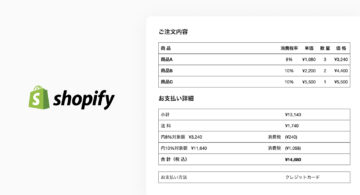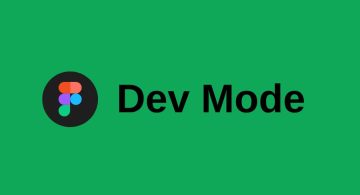開発
Lightweight solutions
denvazh
As a base system for development and daily routine I use OS X. This is really nice system and its very pleasant to use. On the other hand, I also develop for other platforms and systems and it is often necessary to work in completely different environment.
For these cases I’m using virtualization a lot. I have quite short list of systems I’m working with at the moment, which includes freebsd, ubuntu and another os x ( for trying crazy things out 🙂 ).
In freebsd I test and configure majority of server-side code, thus system itself is very lightweight with only handful of really necessary ports installed. Guest OS X is quite convenient to use for trying out beta and unstable stuff.
Ubuntu is used for compiling and debugging code primarily for linux, at the same time I have there arm toolchain as well, so its is possible to cross-compile certain packages for raspberry pi ( or configure machine with distcc and use it as backend for build on raspberry pi).
Everything seems fine…
until I noticed how slow Ubuntu became. It might be nice to have all bright and shiny features of desktop system running on a powerful hardware, however for my case I wanted something lightweight and functional.
Something I can reliably use in low-spec virtual environment. That’s when I started looking for GUI alternatives, possibly leaving other parts of the system intact.
Trying out
Graphic environments I tried out so far:
- KDE4
- Gnome
- Xfce4
- Openbox
I was already familiar with majority of desktop environments, except Openbox. My main goal was to find how fast and well system behaves in virtualized environment. I already knew about Xfce4, but I didn’t have a chance to try it out.
From my personal feeling KDE4 and Gnome felt more light and had faster response, but it was still not so much different, but definitely much better that Unity. However it was still too much for my requirements. Xfce4 on the other hand proved to be very lightweight and I thought it would be exactly what I need. At this moment I finally starting checking Openbox and, I must say it was a pleasure to configure and set it up and it is very-very light. I was impressed.
Conclusion?
After trying out and looking with my own eyes at various desktop systems I searched around for linux distributions, which would combine features from debian, but desktop would be lightweight OpenBox or Xfce4 or both. I was able to find two distro, that met my search criteria: CrunchBang.
What now? Well, I already installed and configured good portion of the system, but I still need to bring some tools and settings from other systems. Overall opinion for what I have now so far: cooooooooooooool!
 2025/12/12
2025/12/12 2024/12/06
2024/12/06 2024/09/13
2024/09/13 2024/05/17
2024/05/17 2024/05/10
2024/05/10 2024/01/05
2024/01/05 2023/08/18
2023/08/18 2023/07/14
2023/07/14